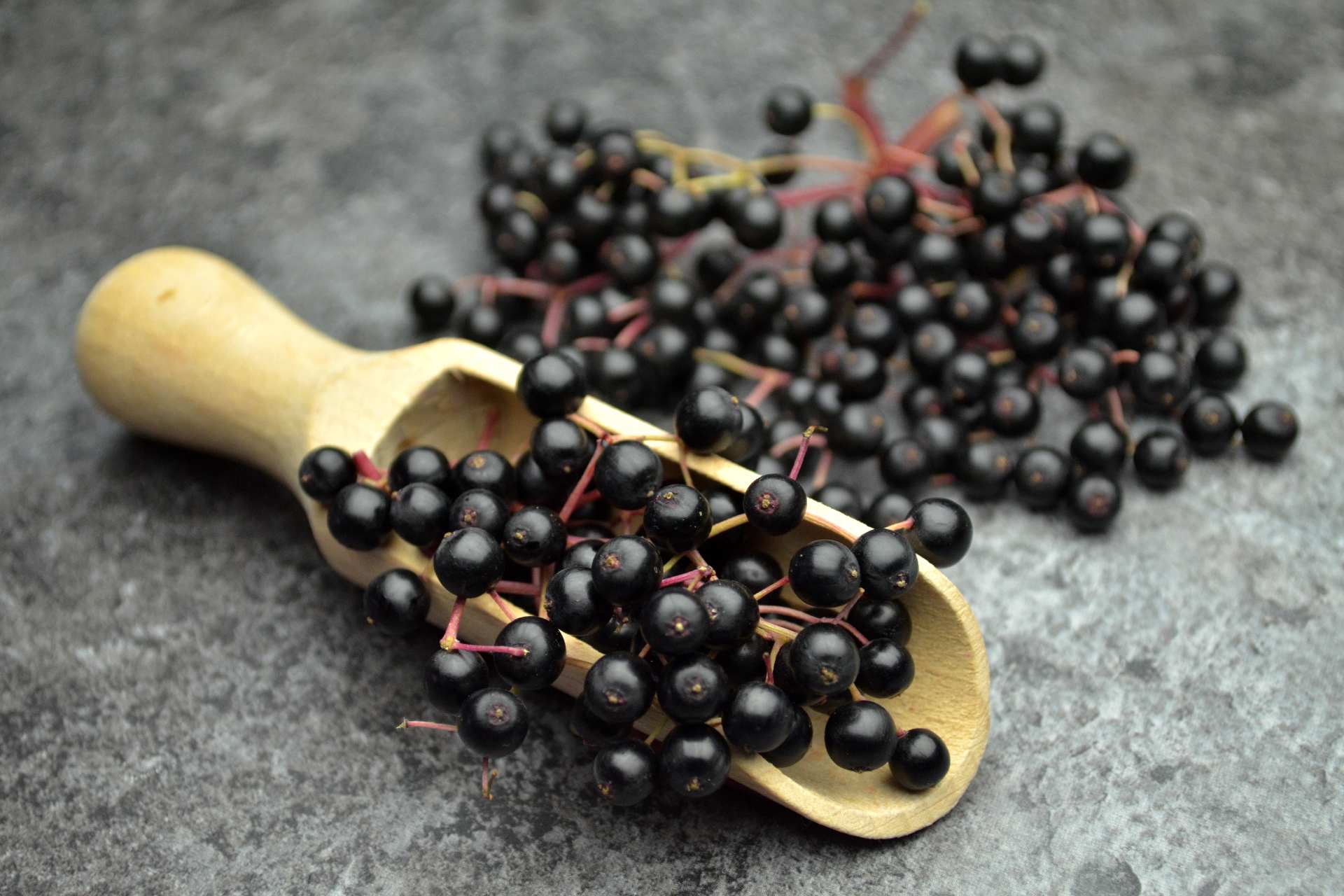What is Astragalus?
Astragalus root has been used in traditional Chinese medicine for centuries - and with strong anti-inflammatory and antibacterial properties, it’s no surprise that it’s considered a great supplement to boost your immune system. It’s been thought to treat several ailments such as allergies and the common cold, and purported to protect against chronic heart conditions.
Astragalus is also known as Huang Qi, milkvetch, locoweed, and goat’s-thorn. Only the root of the leafy astragalus is used, which contains the most active compounds and is usually harvested on plants around four years old. It can be dried and powdered, used raw and infused into teas, and turned into other supplements such as capsules and liquid extracts.
Whilst evidence is limited, promising data does exist. Certain studies show that astragalus may promote white blood cell production, key cells operating in the immune system. It may also help stave off viral and bacterial infections. And for those with heart conditions, astragalus root may improve heart function by widening blood vessels and facilitating blood flow. The astragalus.com website contains plenty of information about the potential health benefits of astragalus.
There is little in the way of side effects, although some studies have reported rashes, runny noses, and nausea or diarrhoea. Pregnant and breastfeeding women should be cautious of astragalus as there isn’t enough data to show that it’s safe, and individuals with autoimmune diseases should likewise be careful as astragalus effects immune system activity. You might want to consult with a medical professional before beginning any type of regimen.
An average daily dose is about 9-30g, so get some and start brewing some tea.
Astragalus tea
For a basic recipe for astragalus tea that’s super simple and will still allow you to reap all the benefits, follow the simple and easy steps as per this recipe from the website Astragalus.com.
Astragalus immunity tea
If you’d like to add a few more immunity-boosting and tasty flavours to your tea, have a look at this version, courtesy of Martha Stewart.
Astragalus and elderberry herbal tea
Elderberry is another fantastic medicinal plant and added to astragalus tea; it gives a lovely fruity tang. The addition of nettle and red raspberry leaves are added bonuses, but if you can’t procure them that’s fine - this recipe from Recipes to Nourish still works wonderfully without them.










